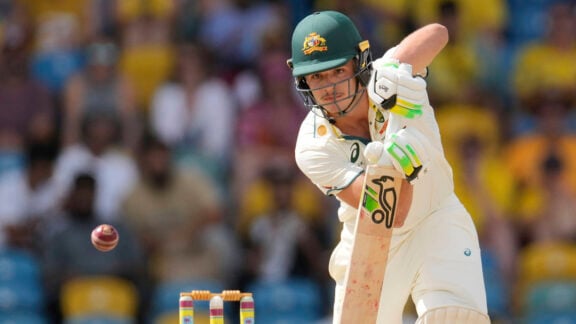Labor MP Maria Vamvakinou has slammed Malcolm Turnbull’s proposed lifetime ban on refugees, in a heartfelt address to the Australian Parliament on Thursday.
“The bill has no policy value whatsoever other than to detract from the government’s failure after three years, to secure third country resettlement options for the refugees on Manus and Nauru,” said Ms Vamvakinou, adding that the prime minister should be “embarrassed at championing this pettiness”.
In her speech, the Member for Calwell − one of the nation’s most multicultural constituencies and one of the largest Muslim communities − addressed the Migration Legislation Amendment (Regional Processing Cohort) Bill 2016 announced two weeks ago. If passed, it will see all asylum seekers who attempted to enter Australia by boat from July 2013 onwards, including those currently on Manus Island and Nauru, issued with a permanent ban from ever living or visiting Australia.
Ms Vamvakinou said refugee policy had troubled her “for over a decade”, making reference to when she came into the Australian Parliament during the 2001 ‘children overboard’ Tampa election, which she said was largely fought at the expense of refugees and their children.
She also made reference to her husband, who is a refugee from Cyprus, and her own personal experiences as a Greek migrant.
“I also remember as a candidate having to field questions about my own migrant background,” Ms Vamvakinou revealed.
“There were many callers to my campaign office wanting reassurance that I was not ‘Arabic’ or ‘Muslim’.
“It shocked me that I too was being hunted because I had a ‘foreign name’ and it made me realise then that the fight for an inclusive Australia can never be said to have been won,” she said.
The MP called on the prime minister to remember that Australia’s success as a multicultural nation has been built by “tolerance and inclusion, by access and equity, by political and community leadership that has worked to bring people together, with courage and foresight, leadership that has rejected and defied dog whistling and appeasement”, the latter of which she says is the biggest threat to social cohesion.
In an interview with Neos Kosmos, while the Member for Calwell said that she hopes the bill won’t pass, in the instance that it does pass the Senate, she assured there will be terrible consequences.
“It’s a bill that I believe will create further division in the community in a debate that can be very easily made to be divisive,” she said, worried that it will embolden those who are racist and don’t like refugees.
Instead she urged the government to resolve the refugee issue “in a serious way or we then risk dividing our own community. That’s where I think we’re at”.
While she agrees that third party resettlement would be a positive outcome, until that destination is found and the agreement made, she is adamant that the 2,500 people on Nauru and Manus Island cannot be left there and if that was their fate, she says she would have “no problems in advocating for them to come to Australia”.
But it’s something of a catch-22. While the tough legislation has been successful at curbing people smuggling, neither side of politics wishes to send the wrong message and incite the dangerous trade.
In the meantime, Ms Vamvakinou said she would like to see the government spend more money and effort in pursuing the people smugglers themselves and put alternative measures in place to process those seeking asylum.
“We’ve got to look for different ways but at this very moment they’re not looking for alternatives. They’re looking at all problems they’ve got and they’re doing it in a ridiculous way,” she said.
“People in Iraq who lived there, they were happy living in Iraq; we were part of a coalition that drove them out. What are we supposed to say to them? ‘Well sorry, you’re not welcome here’ or ‘you’re a problem for us’? That’s where it all starts to get complicated. There’s nothing fair and decent about this bill towards refugees.”
The MP urges everyone to recall their own migrant history, and to fight against the return of a racist mentality.
“I would be worried about members of our own community, and of the more established migrants, who might be swayed, which is why I stand up and say ‘remember what happened to us’.
“We mustn’t forget that none of us are very far away from someone turning around and saying you don’t belong here,” Ms Vamvakinou said.
“We cannot tolerate this kind of behaviour to the point that it has gotten, and now it’s gotten to that point where you have to be able to say ‘no, no more’. We’ve got to find another way.”







